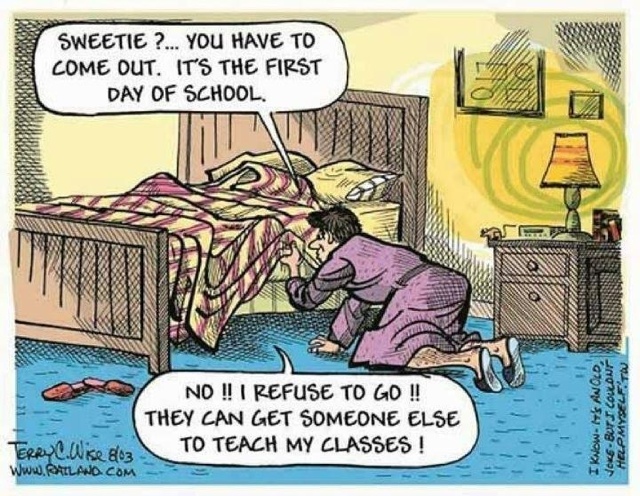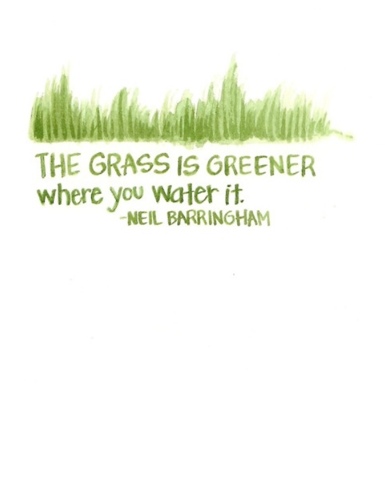My ninth graders are moving into a poetry unit where they must write an analysis of how the structure and language of a poem contribute to its meaning or purpose. We’ve spent a large part of the year analyzing the stylistic techniques of the various works but focusing on language. I have to admit, I struggle with teaching poetry. I mean, how does one begin to teach structure without bludgeoning poor poetry to death with the rules on archaic poetic forms such as sonnets. While all of these things are relevant to understanding how the message is conveyed in poetry, I certainly did not want to begin with this.
So I started with some found poetry first. I just wanted them to understand that poetry can:
- Be found anywhere.
- Answers the same questions literature does, just in shorter form.
- Because it is concise, should reach a level of intensity that is not a trait of literature.

Needless to say, they loved it. I then took it to the next level and had my students look at the theme or meaning of poetry through annotating. We looked at:
Sound devices (repetition, alliteration, onomatopoeia & rhyme scheme)
Diction (with a focus on tone/mood)
Figurative language (metaphor, simile, hyperbole, & personification)
Imagery (sight, smell, taste, touch, sound)
But then we had to move to structure…oh my favorite! (not). I started with the sound devices and how these devices create movement in the poem. I had the students bring in their favorite songs and they annotated them and manipulated the poems to first change how they sound. I asked,
“Did the meaning of the song change, once the sound/rhythm change? Why or why not?” Some said upbeat songs became somber songs and it changed their perception of the song. Yay!
“How does the repetition of some of the lyrics emphasize the theme of the song?”
“Why do the majority of the songs that we would describe as “catchy,” rhyme? What purpose does rhyme serve?” I got everything from helps with memorization to creates movement–makes you want to dance. Ok, awesome!
Now, on to form. How can line breaks, punctuation, stanzas, and shape change the meaning of the poem? We started with some concrete poetry then moved on to taking a vignette from The House on Mango Street and turning it into a poem. The rules were to keep all of the words but manipulate them as necessary to convey a different meaning. They could decide to create stanzas and place emphasis on certain words just by focusing on how the structure helps to convey this message. I must admit, this was pretty difficult. But, I had a hook.
I asked them what are the rules of text messaging. What is the difference between each of these messages despite the use of the same phrase?

Then I used this to illustrate how poetic form and structure can also create a different mood or even cause different interpretations.
Whelp, we’re still working on poetry, so stay tuned for more lesson ideas. Hopefully I can do this poetry unit justice.









